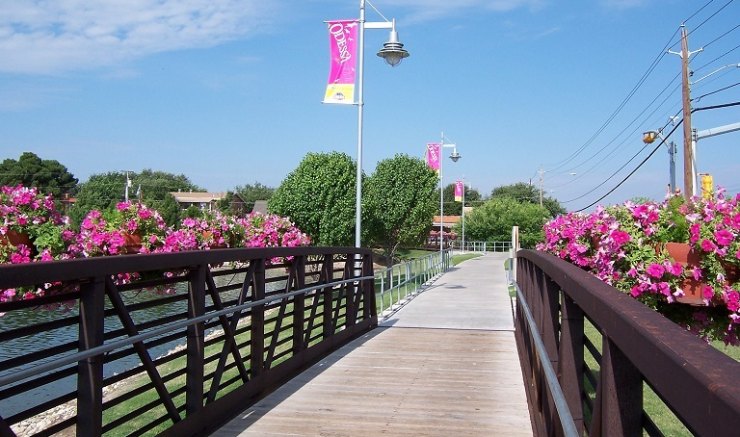The city of Odessa in the heart of the Permian Basin oil-producing region of West Texas received an unusual split credit rating as it prepared to issue $93 million of certificates of obligation.

S&P Global Ratings not only downgraded the city’s general obligation credit to A-plus from AA-minus but maintained a negative outlook based on unresolved pension funding issues.
"Although the city's operating results have been very strong and its reserve and liquidity position remains very strong, we believe the lower-than-actuarially recommended contributions to the OFRRF [Odessa Firefighters Relief and Retirement Fund] are not reflected in audited results," said S&P Global Ratings credit analyst Alexander Vargas.
Moody’s Investors Service, on the other hand, upgraded the city’s issuer rating to Aa2 from Aa3 and maintained a stable outlook.
“The issuer and bond rating upgrade to Aa2 reflects the city's demonstrated ability to maintain a strong financial profile, despite an outsized economic reliance on the oil and gas industry,” Moody’s analyst Denise Rappmund said. “While the city's pension and debt burdens are above medians, both represent manageable fixed costs to the city's annual budget. The rating also reflects the city's large tax base that is experiencing significant growth amid robust economic expansion in the Permian Basin region, and maintains stable values during downturns.”
A former analyst for one of the rating agencies who now works in investment strategy agreed the opposite rating actions was "atypical."
"The two agencies have had a somewhat different approach to pensions, in my opinion," the former analyst said. "While both staffed up with analytical talent that had a grounding in pensions, they have deployed those resources differently. Moody’s took a holistic approach and developed a methodology for adjusting the reported values while S&P seems to have been more one-off in terms of making adjustments and, in this case, a rating change."
Hilltop Securities managing director George Willeford is scheduled to brief the City Council on the bond issue Tuesday night, according to the City Council agenda.
Vargas said S&P’s negative outlook “reflects at least a one-in-three chance that we will lower the rating over the two-year outlook horizon because an inability or unwillingness to take measures to address the plan's funded status would not be commensurate with the rating level.”
“The fund is exposed to a significant amount of market risk, and should a sustained period of less-than-favorable investment returns occur, combined with a lack of willingness to address the plan's funded status, then the plan could experience further deceases in funded status and crossover date, leading to a downgrade,” he added.
Rappmund countered that Moody’s stable outlook “is based on the expectation that the city will continue to capitalize on current growth trends to help buffer the volatility characteristic of the oil and gas industry, leading to continued strong reserves over the next several years.”
Odessa, the seat of Ector County and sister city of nearby Midland, is well known for its oil and gas reserves, which is the major economic driver for the city and surrounding area. The city's population as of 2019 was 124,964.
“Growth in production in the Permian Basin and other parts of Texas is creating a global transformation of petroleum markets,” said economist Ray Perryman, founder of The Perryman Group in Waco. “The available, economically feasible supply at this point might well extend for centuries into the future.”
One cloud on the horizon is investors’ concerns about the profitability of hydraulic fracturing or “fracking,” an innovative technology for recovering oil and gas that led to the current boom in U.S. production. With oil prices below $60 per barrel for West Texas Intermediate crude amid a market surplus, some investors are holding back.
The Permian, led all major basins in falling rig counts last month. However, the Permian still accounts for almost half of the U.S.’ total number of active rigs, according to the firm Baker-Hughes.
Through June, Odessa’s sales tax collections were up nearly 10% while those in Midland were running 15% higher than the first half of 2018.
Proceeds of Odessa’s bond sale will be used for new fire stations and police buildings, parks and other projects.





